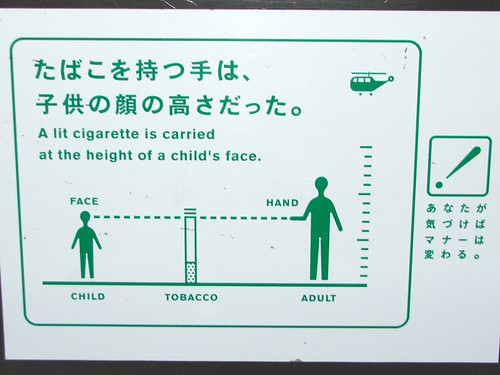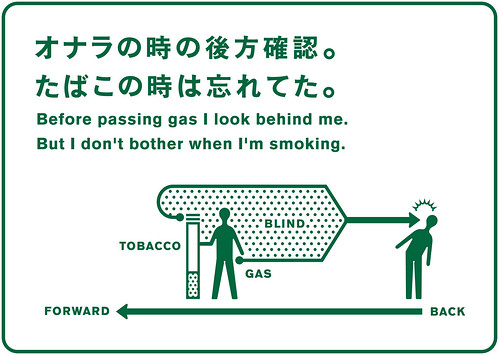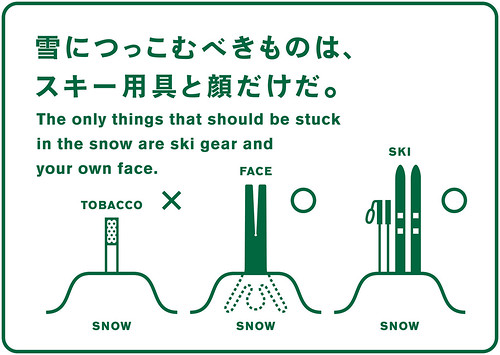Australia is not alone in having some pretty hilarious copyright laws. But the Australian Copyright Council site presents some quaint little variations on the common themes which have just given me considerable entertainment.
The ACC's a non-profit company, largely government funded, whose purpose it is to provide Aussies with advice about our somewhat dotty local copyright laws. Their information sheet on "home taping" (the Australian government hasn't quite noticed hard disk video recorders yet) is about as straightforward as I reckon it could be (PDF here). It makes clear that the ACC's as bewildered by the current legislation's weirdness as all the rest of us. Fair enough.
But that weirdness seems to be leaking out, into the ACC's own brains.
I can't really say I'm surprised. Get this, for instance:
Here in Australia, it is currently legal to make exactly one backup copy of software which you have purchased, as long as there's no copy protection on that software, because Australia now has DMCA-ish anti-circumvention laws.
So far, so (relatively) sane.
But you're not allowed to back up anything but the actual program files.
To quote the Australian Copyright Council Information Sheet on that subject (PDF here), "you would be entitled to make a backup copy of a disk or CD-ROM that only contained computer software, but not a disk or CD-ROM that included other copyright material, such as a computer game, music, text or images" (emphasis mine).
So, apparently, you can copy anything that ends in .exe or .com off your program disc... but nothing else. Not even the readme file.
Which means, going by what they seem to be quite clearly saying, you can't actually make any kind of real backup of something like a game disc, which these days is likely to contain only a few per cent of executable code by volume, the rest being taken up by the all-important graphics and sound data, without which the game will not work.
Actually, it's likely to be impossible to legally back up anything but the installer program on most game discs, since the rest of their content is likely to be a few giant compressed files containing all of the stuff which the installer unpacks and copies to your hard drive. Some will be "software" by the copyright-law definition; most will be "other copyright material", and you probably can't separate them. Not that it'd be worth doing if you could.
Thinking about this sort of thing on a day-to-day basis appears, as I said, to have affected the Australian Copyright Council's grip on reality.
I base this assessment on the fact that they forbid the world to directly link to any of their information sheets, or apparently even to any of their Web pages, unless you ask first.
So, because I'm sad to say I neglected to ask them (what if they said no?!), I was not in fact allowed to do this. Or indeed even link, without asking, to the page that forbids you to link to pages without asking.
People all over the world have been laughing about stupid linking policies since long before the Stupid Linking Policies site was established in 2002, but the darn things just keep popping up. They're legally ridiculous and don't even serve a social function, since anybody can tell in a matter of seconds who's linked to them (well, as long as someone's clicked the link) by just looking at their server logs, or using Google Analytics or any of a zillion other Web stats services. So you don't even need to put a "if you link to me, please send me an e-mail" note on your site, much less angrily FORBID people to link to you unless you've explicitly permitted it.
You're also, by the way, not allowed to print more than one copy of any of the ACC's documents, without asking them for permission.
So if you print a copy and lose it, remember to ask before printing another one!
I suppose this is marginally better than the companies that refuse the world permission, under any circumstances, to link to all but one of the various pages which they carefully and deliberately made available for the world to see on the Web server they carefully and deliberately connected to the Internet, and didn't even "protect" with a cockamamie page of legalese with an "I agree" tickbox at the bottom.
(It is, of course, also easy to make your Web server refuse deep links. If you don't, then I suggest that you must not actually be terribly serious about FORBIDDING them, no matter how many capital letters you use).
But the Australian Copyright Council are supposed to be staffed by "experienced specialist" intellectual property lawyers. And yet here they are pretending that it's possible to forbid people with whom they have no contractual relationship at all from downloading a file from their Web server without clicking through from the front page.
(And they've been doing it since 2006. Back then they said "Please ask us before linking to this website so that we can tell you about our URL and descriptors policy". That's less rude, but no less dumb.)
If someone's harvesting content from your site and presenting it as their own, or hotlinking your images, or even just framing your whole site within their own (has anybody actually done that since, like, 1998?) then you have grounds for complaint, at the very least.
But "link policies" are like putting a statue in your front yard and then telling passers-by to sign a contract before they look at it.
My advice to people considering a linking policy: Mix it up a little. How about forbidding people from viewing your source code, linking to any page on your site or even mentioning that your site exists?
Awesome!





